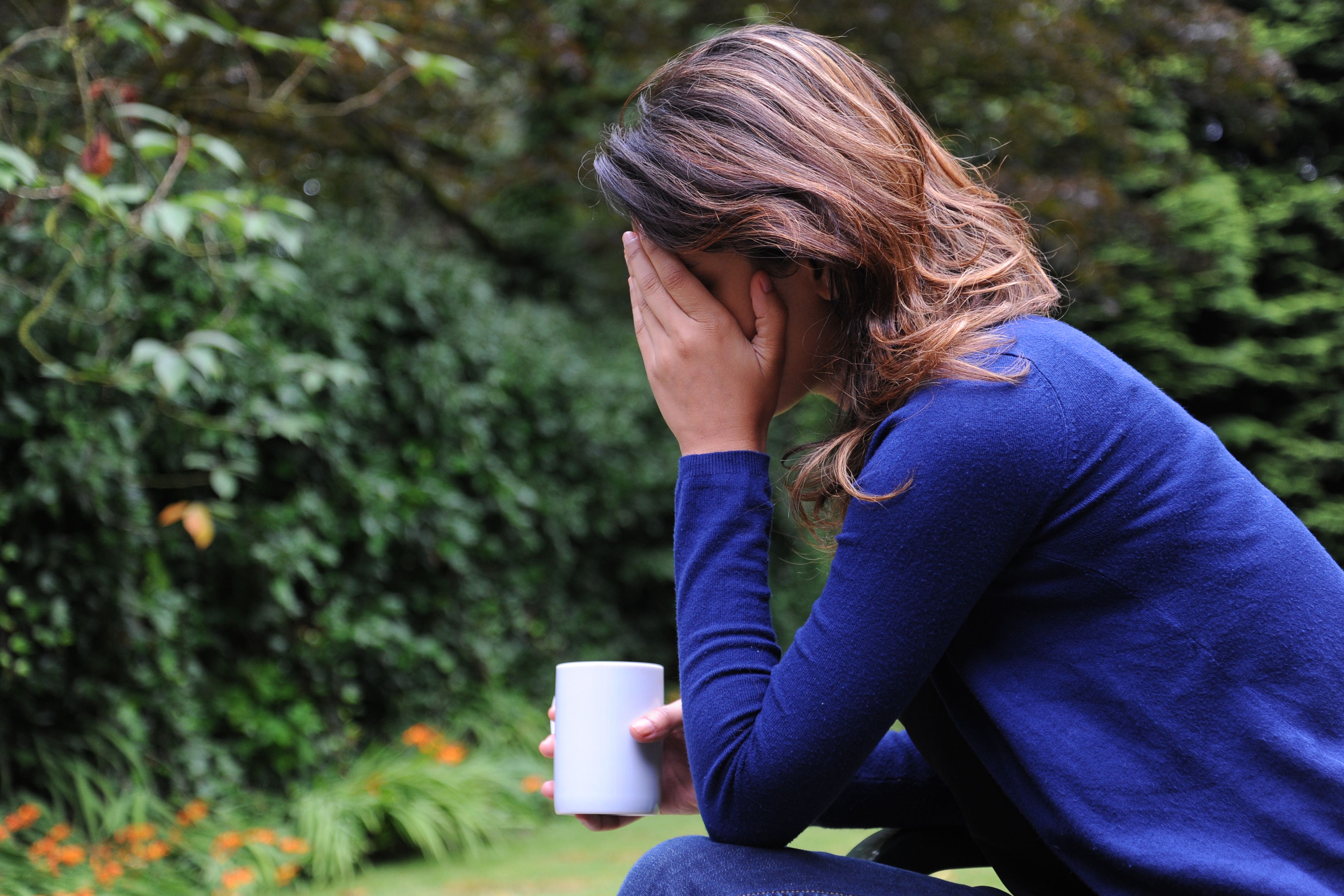Women ‘more anxious about bills and depressed about cost of living’
The crisis is having a disproportionate impact on women’s mental health, the British Psychological Society warned.

Your support helps us to tell the story
From reproductive rights to climate change to Big Tech, The Independent is on the ground when the story is developing. Whether it's investigating the financials of Elon Musk's pro-Trump PAC or producing our latest documentary, 'The A Word', which shines a light on the American women fighting for reproductive rights, we know how important it is to parse out the facts from the messaging.
At such a critical moment in US history, we need reporters on the ground. Your donation allows us to keep sending journalists to speak to both sides of the story.
The Independent is trusted by Americans across the entire political spectrum. And unlike many other quality news outlets, we choose not to lock Americans out of our reporting and analysis with paywalls. We believe quality journalism should be available to everyone, paid for by those who can afford it.
Your support makes all the difference.Women feel more anxious about paying bills and household costs and depressed about the cost-of-living crisis than men, a survey suggests.
The cost-of-living crunch is having a disproportionate impact on women’s mental health, the British Psychological Society (BPS) warned.
YouGov polled 2,006 adults in Britain between September 6 and 7 for the charity, which represents psychologists in the UK.
It found that 61% of women said they were more anxious about paying bills than they were a year ago, compared with 47% of men.
Three in 10 women said money worries were making them feel depressed, against 26% of men.
There is a clear causal link between living in poverty and mental health difficulties
Women were more likely to worry about affording household costs over the coming year, including energy bills (77% of women and 65% of men).
The BPS is joining a host of organisations and politicians calling for the Government to increase benefits in line with inflation.
Julia Faulconbridge, a chartered psychologist and member of the BPS’s division of clinical psychology, said: “We know women often shoulder more of the childcare and home responsibilities, and are more likely to be in low-paid and insecure work, increasing their chances of being hit by rising prices, and subsequently experiencing greater anxiety, stress and worry.
“There is a clear causal link between living in poverty and mental health difficulties.
“We know that the stress of raising a family in poverty can have a huge impact on parents’ mental health, and that poverty is one of the major risk factors for the development of mental and physical health problems in children.
“This is magnified in a single-parent household, which is why we urgently need the Government to confirm they will support those who need it most by uprating benefits in line with inflation.”
The Government has not ruled out a real-terms cut to benefits, with reports suggesting payments could instead be raised in line with the average rise in earnings.
A decision is expected in November, to come into effect in April.